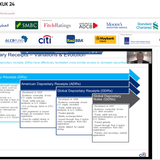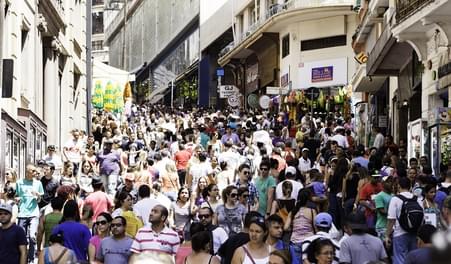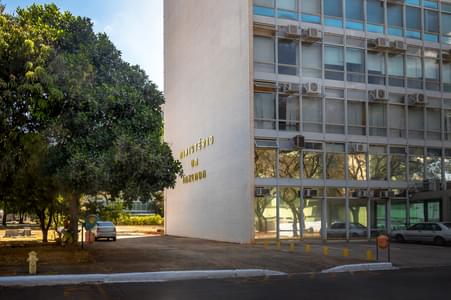It is probable that recent events, such as the truck driver strike, temporarily limit the recovery of society’s confidence. It is important to note that the streets are calm, and that was how they remained even during the strike. Low inflation and formal jobs creation, even if modest, probably helps explain some of this. Nervousness is rife in the financial market, not necessarily in society.
There was a net generation of almost 197 thousand registered jobs in the last 12 months at the end of April, according to data published by Caged (curiously, though, not captured by IBGE). As a result, consumer confidence continues to grow, as well as retail sales. Delays in paying consumer debts and commitment of income to debt servicing repayments have receded.
The general framework continues to be of recovery, even if the impact of the strike is quite relevant and the currency depreciation has a contractionist effect in activity in the short and medium term. Much of the effect of the recent interest rate cut is still to materialize, whose maximum impact in the economy will likely only show up after a year.
Certainly, the recovery could be faster. Although the government reoriented the economic policy and the approval of important reforms, with autonomy of the economic team, its weakening since the accusations against President Temer were launched has taken its toll.
Interest groups take advantage of the situation to block the reform agenda and maximize their gains. This helps explain the non-approval of the Social Security reform, which suffered resistance from the civil service elite. The government also suffered defeats, as for example, the presidential vetoes being overridden by Congress in the Funrural and Refis for companies in the Simples program (both are debt relief programmes), among many others. These defeats go to show that pressure from all sides, from the private sector to politicians, on the Finance Ministry, continue to rise.
Luckily, there are legal restrictions that limit the discretionary power to increase spending and tax breaks. The federal accounting court is also alert. Recent examples include the alert from the Finance Minister on the limits to diesel subsidies, due to the Fiscal Responsibility Law, and the decision by the Federal Court of Accounts (TCU) to request that the government report on the risks that the override of vetoes mentioned above bring to public finances.
The legal restrictions that discipline the public budget must be seen as allies of government, due to the urgent need to adjust public finances, and not as restrictions to be eliminated.
If the next president tries to make the spending cap rule more flexible, without approving a good Social Security reform and conquering a reformist reputation, they might be making a big mistake. It would be a bad use of political capital to invert the order of reform priorities. They might run the risk of delivering very little if anything.
In this sense, the speeches of some presidency pre-candidates are worrisome. Ciro has given emphasis in the proposal of making the spending cap rule flexible and increasing taxes, and curiously, not in cutting spending and tax reform. Bolsonaro hasn’t spoken about it. Marina does not say what she intends to do, but criticizes the spending cap rule, without understanding it apparently, as she states wrongly that the rules freeze public spending for 20 years. Alckmin has apprehensions as to the rule, but doesn’t intend to change it.
At the end of the day, let’s hope that the next president has an economic team as good as the current one.









